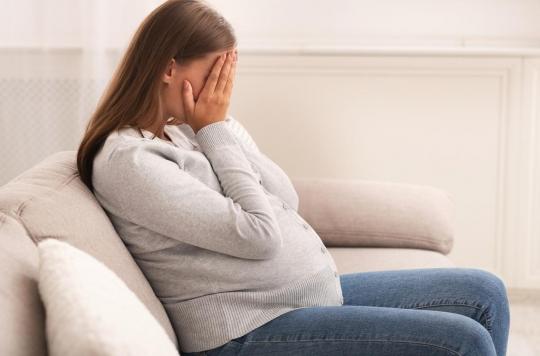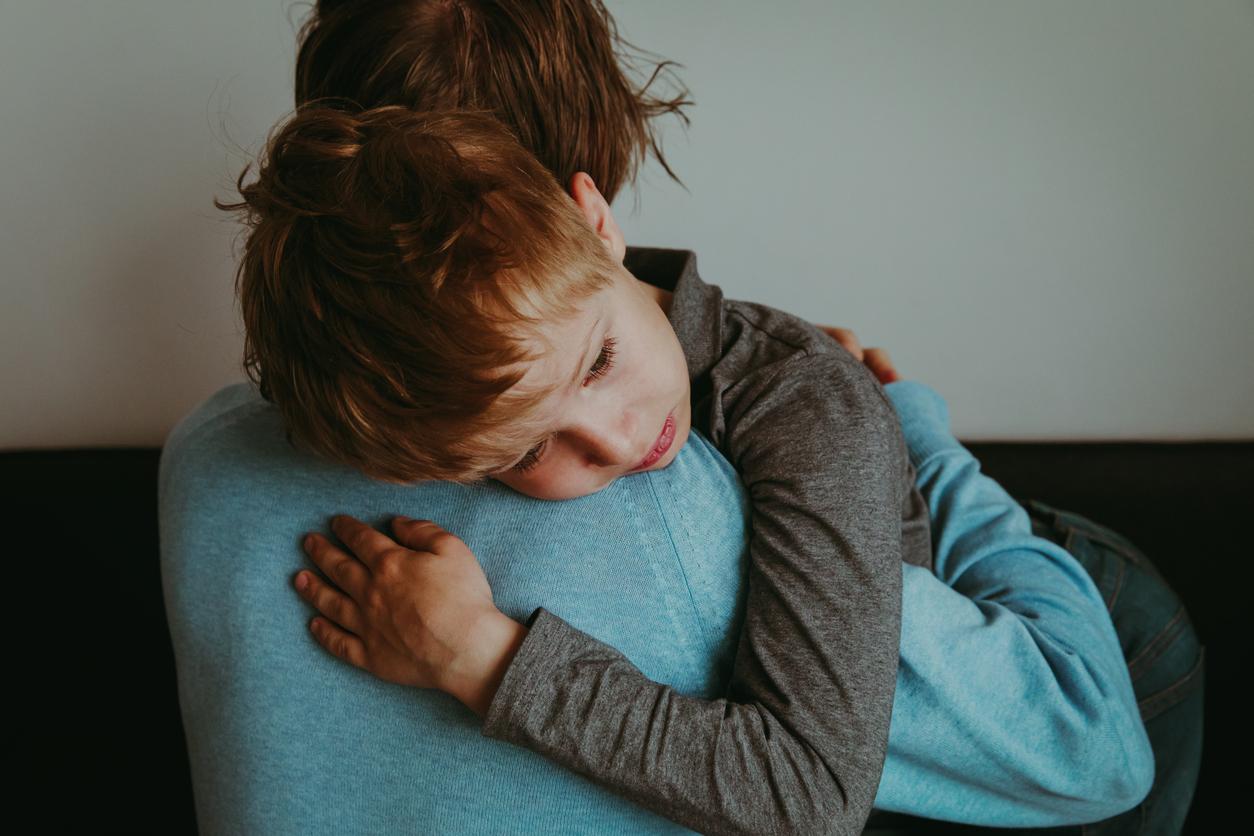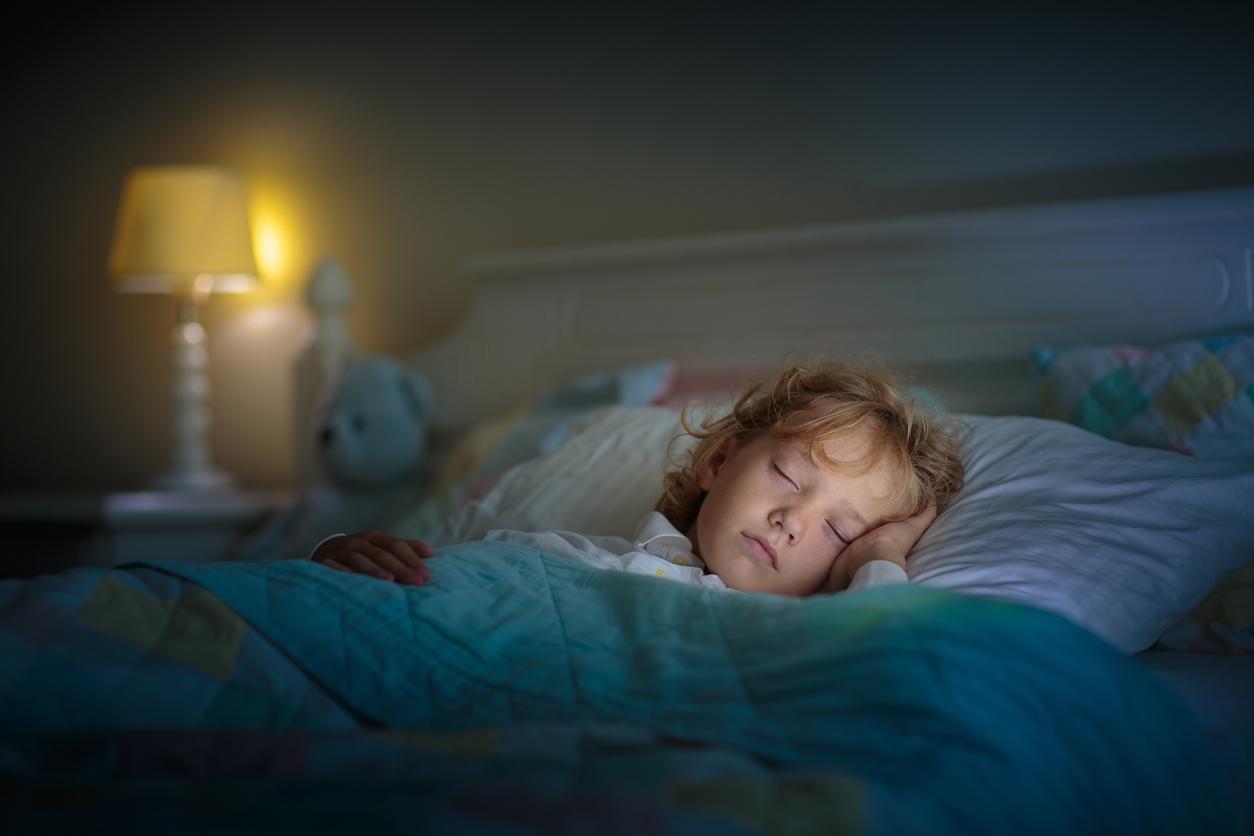Depression during or after pregnancy can have long-term consequences for children, such as the development of ocd in adolescence.

- Each year in France, approximately 100,000 women fall into postpartum depression.
- Only 5% of mothers say they have been diagnosed by a specialist.
Women who suffer from antepartum and postpartum depression are more likely to see their child develop ocd in adolescence, according to a new JAMA study.
A risk four times higher
Our goal was “to study the association between the symptoms of perinatal depression of the mother and the risk of ocd in children aged 7 to 15 years”, explain the authors in the preamble. To do this, depressive symptoms were measured in mothers at their 18th and 32nd weeks of pregnancy, then at the 8th and 32nd weeks after delivery. Children’s potential ocds were screened at 7, 10, 13 and 15 years of age.
Conclusion: persistent depressive symptoms in the mother were associated with a four times higher risk for children to develop ocd. “These results indicate that perinatal depressive symptoms are associated with ocd in children and reinforce the need for early detection and management of prenatal and postnatal depression in women of childbearing age.” conclude the scientists.
The subject is still largely taboo in France
According to a new survey by the Qare teleconsultation platform, 30% of mums and 18% of dads have already experienced a postpartum depressive episode. However, the subject is still largely taboo in France: 40% of parents have never spoken to anyone about their postpartum emotions, and 14% have felt ashamed.
The Secretary of State for Childhood Adrien Taquet announced on Tuesday, September 28 measures to strengthen the management of postpartum depression in France, including a “systematic interview around the fifth week after delivery” and the creation of new care structures.

.















